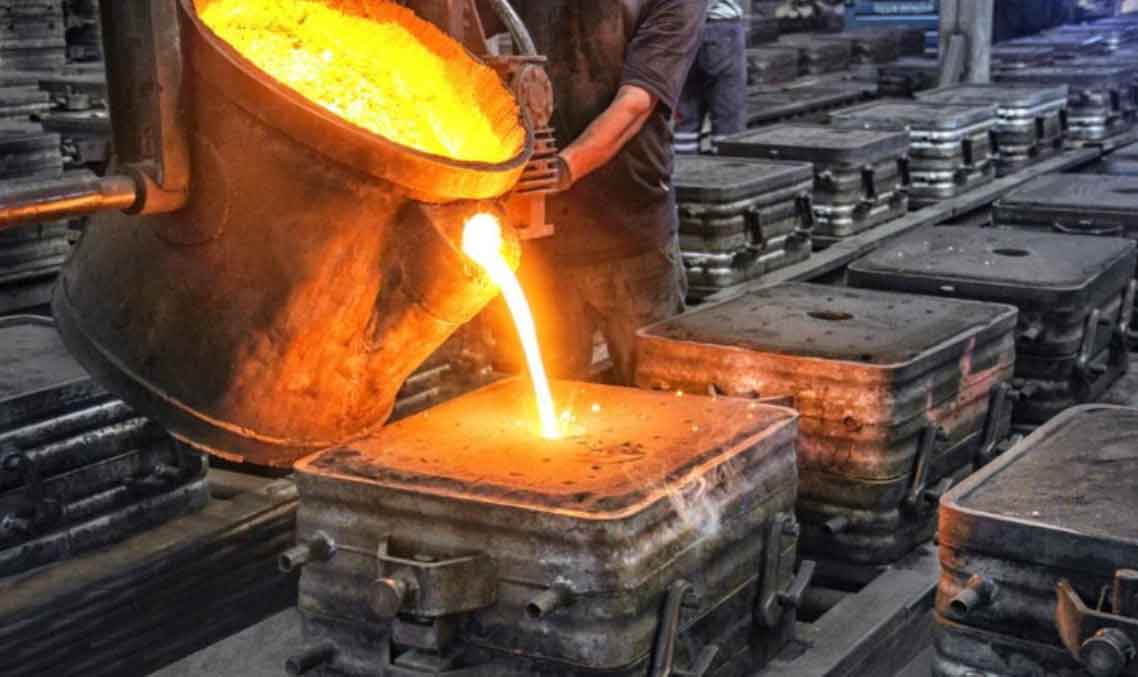
Environmental sustainability has become a growing concern in the casting industry, and casting foundries in China are increasingly adopting eco-friendly practices to reduce their environmental impact. Some of the key eco-friendly practices being implemented in casting China include:
1. Recycling and Reusing Materials:
Casting foundries in China are actively recycling and reusing materials whenever possible. Scrap metal and other waste generated during the casting process are often recycled to reduce the consumption of raw materials and minimize waste.
2. Energy Efficiency:
Foundries are investing in energy-efficient technologies and equipment to reduce energy consumption during the casting process. This includes using energy-efficient furnaces and adopting energy management practices.
3. Water Conservation:
Water is an essential resource in the casting process, and foundries are implementing water conservation measures to reduce water usage. This includes recycling and treating water for reuse wherever feasible.
4. Emission Control:
Controlling emissions is a crucial aspect of environmental sustainability. Chinese casting foundries are implementing emission control technologies and adhering to emission regulations to minimize air pollution.
5. Waste Management:
Proper waste management practices are being adopted to handle and dispose of waste materials responsibly. This includes segregating and treating hazardous waste appropriately.
6. Green Materials and Binders:
Some foundries are exploring the use of green materials and binders that have lower environmental impacts compared to traditional materials. This includes using eco-friendly resins and binders for sand casting.
7. Eco-Friendly Packaging:
Foundries are also mindful of the packaging materials used to transport cast components. They are adopting eco-friendly packaging options to minimize waste and reduce the environmental impact of transportation.
8. Renewable Energy Sources:
Some casting foundries in China are increasingly using renewable energy sources, such as solar power and wind power, to reduce their reliance on fossil fuels and lower greenhouse gas emissions.
9. Environmental Certifications and Standards:
To demonstrate their commitment to environmental sustainability, some casting foundries in China seek environmental certifications and adhere to internationally recognized environmental standards.
10. Collaboration and Knowledge Sharing:
Foundries in China are actively collaborating and sharing knowledge with industry peers and experts to identify and adopt best practices for environmental sustainability.
11. Life Cycle Assessment (LCA):
Some foundries are conducting life cycle assessments of their casting processes to identify environmental hotspots and implement targeted improvements.
12. Employee Awareness and Training:
Educating employees about the importance of environmental sustainability and providing training on eco-friendly practices is an essential aspect of creating a culture of sustainability in the foundry.
As environmental awareness grows globally, casting foundries in China are proactively adopting eco-friendly practices to minimize their environmental footprint. By embracing sustainable technologies and practices, they aim to contribute to a greener and more sustainable future for the casting industry.
